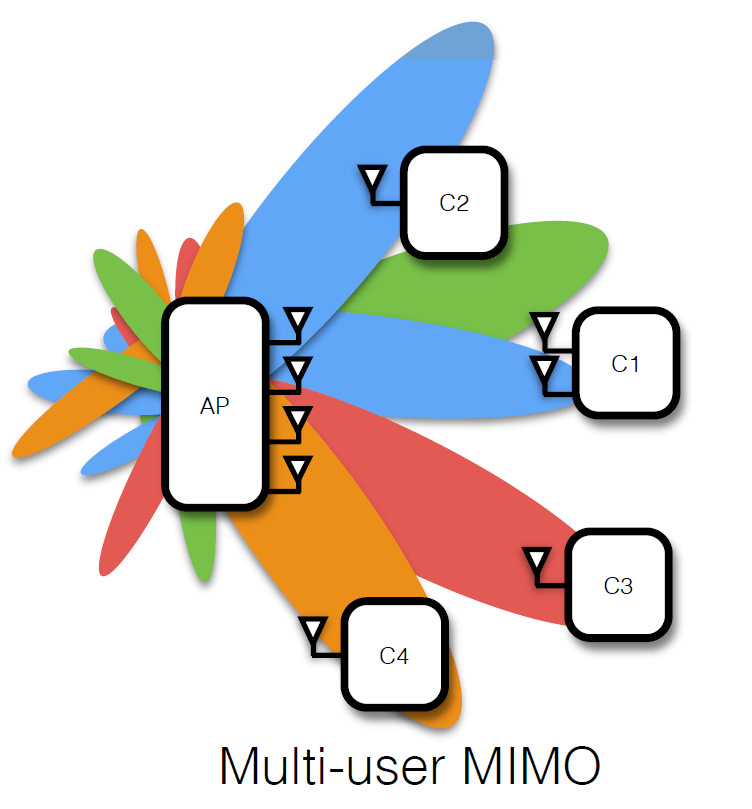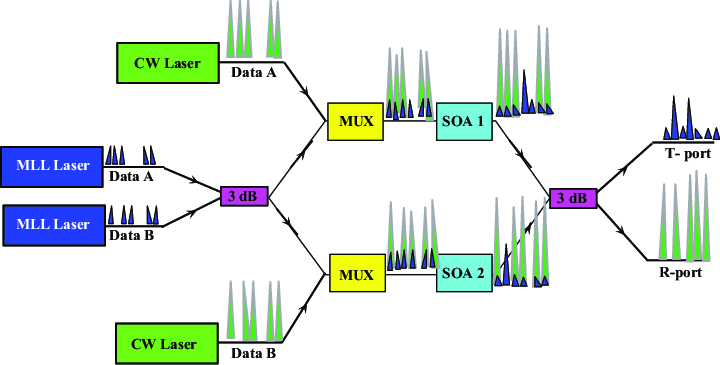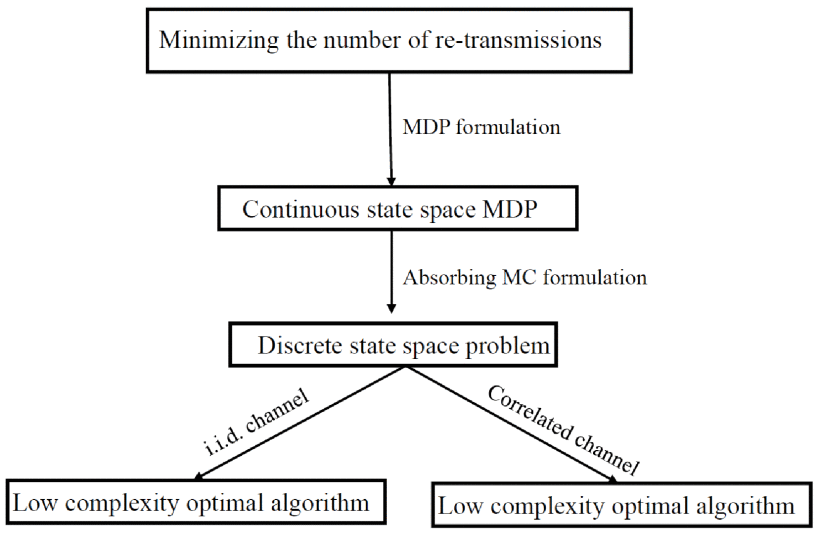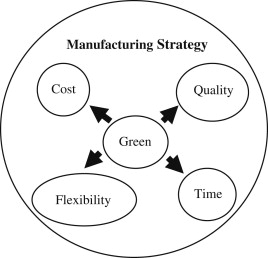Breadcrumb
Study of Approaches to Implement the Prism-Based Surface Plasmon Resonance Sensors
Surface plasmon resonance (SPR) sensors are increasingly in demand due to their high sensitivity, better accuracy, and improved detection limit. Such performance parameters make these sensors suitable for biological and medical field’s applications. During the last decade, prism coupling-based SPR sensors had been a preferred choice among the designer and developers across the globe. This article summarizes a review of prism coupling-based SPR photonic sensors. Important performance characteristics of such sensors have also been studied with respect to their detection accuracy, sensitivity
Study of optical power variations in multi-layer human skin model for monitoring the light dose
Monitoring light dose is essential in much clinical procedures like bio-stimulation, neuro-medicine and photodynamic therapy and in many biophotonics applications such as optogenetics and biosensing. However, monitoring the optical power dissipation as light travels in different layers of tissue is essential in determining the required optical dose. Each part in the human body is protected by different thickness of skin layer; therefore, studying the variations of the optical power when light propagates in different thicknesses of the human skin is essential for safe and accurate medical
New achievable secrecy rate regions for the two way wiretap channel
This work develops new achievable rate regions for the two way wiretap channel. In our setup, Alice and Bob wish to exchange messages securely in the presence of a passive eavesdropper Eve. In the full-duplex scenario, our achievability argument relies on allowing the two users to jointly optimize their channel prefixing distributions, such that the new channel conditions are favorable compared to that of Eve. Random binning and private key sharing over the channel are then used to exploit the secrecy advantage available in the equivalent cascade channel and to distribute the available secrecy

Multiuser MIMO relaying under quality of service constraints
We consider a wireless communication scenario with K source-destination pairs communicating through several half-duplex amplify-and-forward relays. We design the relay beamforming matrices by minimizing the total power transmitted from all the relays subject to quality of service constraints on the received signal to interference-plus-noise ratio at each destination node. We propose a novel method for solving the resulting nonconvex optimization problem in which the problem is decomposed into a group of second-order cone programs (SOCPs) parameterized by K real parameters. Grid search or

Network Coded Cooperation Receiver with Analog XOR Mapping for Enhanced BER
In this paper, we propose a novel physical layer decoding technique for Device-to-Device Network Coded Cooperation (NCC) receivers in the Two Way Relay Channel (TWRC) scenario. The proposed technique is efficiently applicable either when Channel State Information (CSI) are available at the receiver or not. It first employs XOR arithmetic analog mapping to extract a distorted version of the intended signal from the network-coded signal received from the relay. The obtained signal is then combined with the direct signal received from the source, resulting in a higher SNR version of the intended

SWIPT Using Hybrid ARQ over Time Varying Channels
Towards evolving sensor actor networks
Sensor Actor NETworks (SANET) represent a major component of ubiquitous service environments promising interesting solutions to a wide range of problems. Despite the obvious increase in the research activities proposing architectures and protocols for SANETs, we are still no where near the production of industrial-grade SANET software that can be relied upon for mission critical applications. The cost of programming, deploying and maintaining SANET environments is still highly prohibitive due to the lack of industrial tools capable of realizing adaptive SANET software in a cost effective way

A system model for green manufacturing
Manufacturing systems evolution is afunction in multiple external and internal factors. With today's global awareness of environmental risks as well as the pressing needs to compete through efficiency, manufacturing systems are evolving into a new paradigm. This paper presents a system model for the new green manufacturing paradigm. The model captures various planning activities to migrate from a less green into a greener and more eco-efficient manufacturing. The various planning stages are accompanied by the required control metrics as well as various green tools in an open mixed architecture
Cole bio-impedance model variations in daucus carota sativus under heating and freezing conditions
This paper reports on the variations in the parameters of the single dispersion Cole bio-impedance model of Daucus Carota Sativus (carrots) under heating and freezing conditions. Experiments are conducted on six samples with recorded live bio-impedance spectra versus temperature. The Cole model parameters are extracted from the measured data using the Flower Pollination Algorithm (FPA) optimization technique and their variations are correlated with well-known bio-chemical and bio-mechanical variations. This represents a non-invasive method for characterizing and measuring the degree of change
Pagination
- Previous page ‹‹
- Page 6
